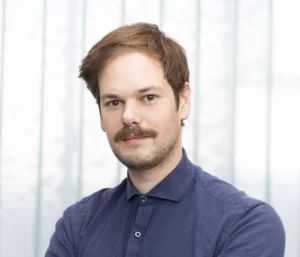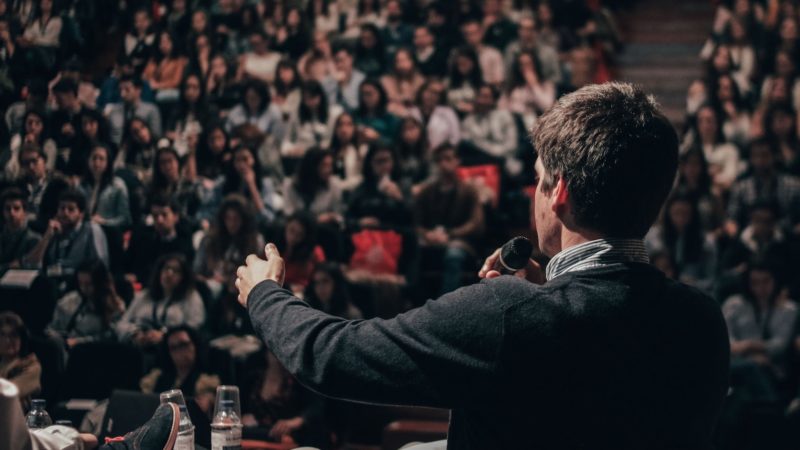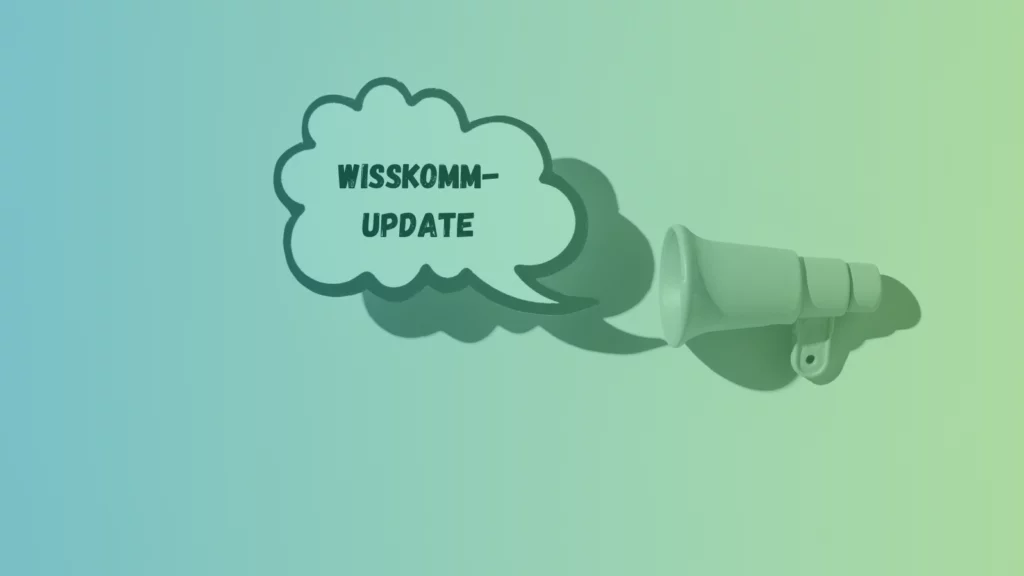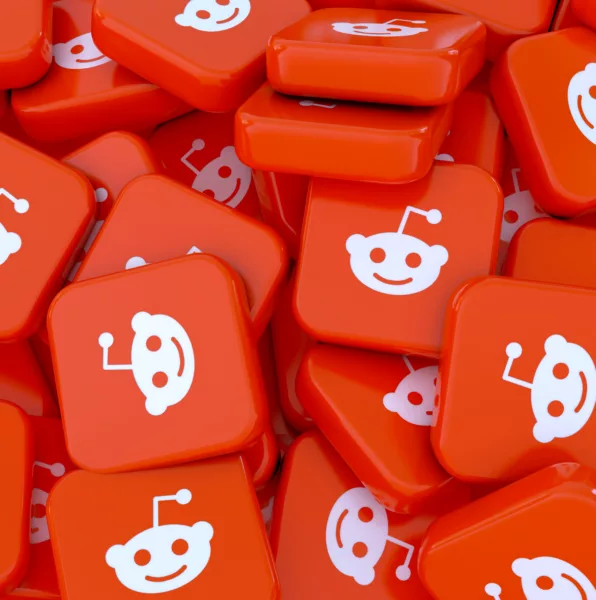Conspiracy theorists are often seen as a homogeneous group of irrational and dangerous extremist believers. In his research on Reddit, Lars de Wildt found no evidence of rabbit holes and echo chambers. Instead, many people simply liked playing with alternative worldviews.
“There is something about conspiracy theories that is just fun”
Together with your colleague Stef Aupers, you researched how online conspiracy theorists talk among each other. Your interest was in „participatory conspiracy culture.“ What do you mean by that?

The term ‚participatory culture‘ comes from Henry Jenkins who is an early Internet scholar. It relates to this hopeful idea that the Internet would be a democratic space that would allow everyone to contribute and find out the truth. But we see that sometimes people don’t find the truths we hope for. Instead they end up in something we call a ‚participatory conspiracy culture‘, where they’re working together on constructing theories and truths that scientists might call conspiracy theories.
The reason we use the term ‚participatory culture‘, even though we’re not as optimistic as Jenkins was in the the late 90s, is because we’re convinced that what we see online are not echo chambers or rabbit holes.
What are these two metaphors about?
These are two dominant metaphors we’ve seen recently in research on conspiracy theories and on the Internet in general. ‚Echo chambers‘ are considered spaces where you only hear people with the same opinion as you. The way the metaphor works is that your own ideas would reverberate and be amplified like in an echo chamber. They get louder and louder. That’s an effect we don’t see in our research, because we noticed that on Reddit people very much disagree with other people‘s ideas.
The term ‚rabbit hole‘ comes from Lewis Carroll’s “Alice in Wonderland”, where a girl falls down a rabbit hole and ends up in a world that is completely different from the world above ground. This is supposedly what happens when you watch a conspiracy theory on YouTube and then you end up in this world full of weird and creepy conspiracy theories.
People are lured down this rabbit hole by the algorithm of YouTube. But this passivity of being ‘lured in’ is something we clearly didn’t see in our study. People were very interested in their own conspiracy theories and disagreed with the opinions of others. They criticized or made fun of them.
Why did you choose Reddit to research conspiracy theorists?
You combined different methods, including interviews and digital ethnography. How does the latter approach look like?
Our goal was to understand conspiracy theorists in their own daily environment. We wanted to approach them with an appropriate academic distance without casting judgement on them. Ethnography is great for that, because you can give them time to talk about their own experiences, and then contextualize them. For half a year I spent approximately three to four hours a day on Reddit, similar to an ethnographic observation in the early 20th century when anthropologists would go to an island to see how people dressed, how they talked, how their families and their power relationships worked. Although that kind of anthropology has been very problematic in the past, I essentially travelled to the ‘island’ of this conspiracy theory community. Without going what anthropologists would call ‚going native‘.
What did you explore on that island?
My colleagues and I had previously already interviewed conspiracy theorists who belonged to the ‚extreme believers‘. We saw them as the tip of the iceberg, but we also wanted to explore the wider society below that tip. What we found was, as with any group, that there was a loud minority who dominated the conversation. Below that, we noticed that the number of people who commented on the thread and agreed or disagreed was a little bit bigger. Among those growing circles of activity the largest circle was people who just upvoted and downvoted topics.
What groups made up the majority of people active on the subreddit?
We already found in earlier research that lots of people just came to ask questions and to doubt everything. They were saying: „Look, this is not a community of likeminded people. We’re here to criticize the official narratives, because we have the feeling that something isn’t right. „
In this study we found another group, which to our surprise was quite large. These people weren’t among those believing or doubting things. They were trying out ideas. Their main role in the conversation was to say: „Hey, look. I don’t care. Let’s not make this too serious. “ Because there is something about conspiracy theories that is just fun. They are inherently exciting.
Members of this group enjoyed thinking through alternative ways for the world to work. We called this ,playing’ with topics that compelled them – without necessarily falling into a rabbit hole. They were trying out the idea that, for instance, Tom Hanks is actually a shapeshifting lizard. That can be fun to imagine.
This is how a lot of people engage with conspiracy theories. But that louder minority feels supported by the majority who is either silent or just testing out ideas. „Playing“ doesn’t mean it’s trivial. These people are active in the community and they show that they are identifying with it to some degree.
Your findings challenge the notion that conspiracy theorists are a homogeneous group of endangerers and a threat to democracy. Do you think there is a need to change the way we think about people who engage in these theories?
I think that we have to consider that conspiracy theorists are not crazy people we can’t relate with. It’s a diverse and large group with curious and smart members who doubt certain truths. Perhaps what goes wrong is that the theories are a little bit too exciting for them to remain critical.
If we think about the people who stormed Capitol Hill in the US on January 6th, 2021, I don’t think a lot of them were fully convinced by the theory that Trump’s election was a farce. Probably a lot of them just got swept away by the moment.
What does that mean for the relationship between science and conspiracy theories?
The reason why many of my colleagues in academia like to work in that profession is that it is very entertaining to investigate and think about these theories.
I haven’t thought this through completely, but recently I had the impression that there is not such a radical distance between what we call science on the one hand and conspiracy theories on the other hand. We saw in our study that conspiracy theorists doubt truths and build alternative hypotheses using pseudo-scientific methods. They are doing it in weird ways, and we might doubt the quality of their research, but it’s in many ways the same process of truth seeking.
With my co-author Stef Aupers we also wrote a theoretical argument about postmodernists and their insistence that everything is socially constructed or the result of power relations. What conspiracy theorists are doing is in many ways a direct consequence of that kind of truth relativization, but taken outside of the university and onto the internet. After all, with citizen science and similar approaches, science communicators want to educate citizens to be critical and doubt truths. In unexpected and sometimes undesirable ways, conspiracy theorists are doing just that.






